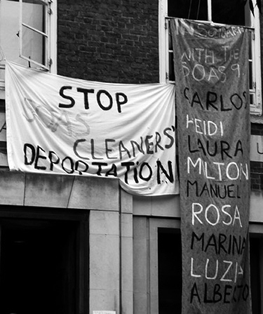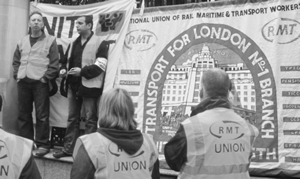Know your rights: Immigration checks
Employers are required to ensure everyone they recruit has the right to work in the UK. They also have to check the documents of workers transferred to them under TUPE within 28 days. They can also check the documents of existing employees, but must avoid racial discrimination by singling out a particular racial, national or ethnic group or groups.
Workers need one set of documents if they have an indefinite right to live and work in the UK and another if they have the right to do so only for a limited period or to work a limited number of hours. These documents are referred to as List A and List B, respectively. Employers can copy documents for their records but must return them to the employee, with two exceptions. If an employee’s documents are with the Border Agency, the employer can check the validity of Application Registration Cards (ARC) and Certificates Of Application on 0845 010 6677 9-5 Monday to Friday.
An employee providing documents under List A need not be subject to further checks after recruitment or transfer but under List B they must be checked at least every 12 months. Further document checks may also be carried out where there is suspicion that an employee may not have the legal right to work. Invalid National Insurance Numbers are explicitly mentioned in the guidance to employers, including temporary numbers beginning TN or numbers ending in any letter from E to Z inclusive. These are a favourite excuse for employers to use immigration checks to dispose of, harass and victimise workers.
To avoid unlawful racial discrimination, checks must be carried out on all employees to whom such criteria apply, not just to Africans or Latin Americans, for example. The law is not much help, but if used skilfully may obstruct and delay the process.
Further details from: www.ukba.homeoffice.gov.uk/employers/preventingillegalworking
For more general information on your rights at work: www.stuffyourboss.com


